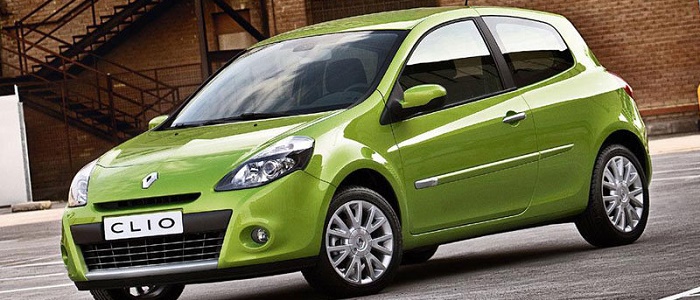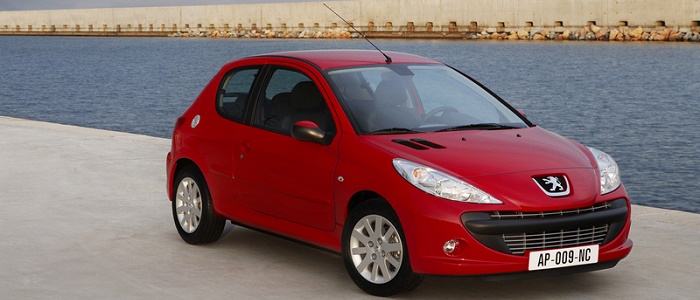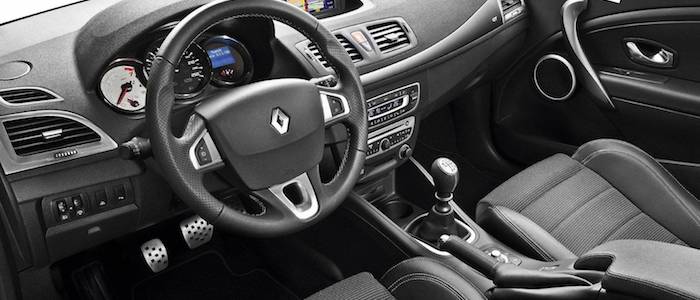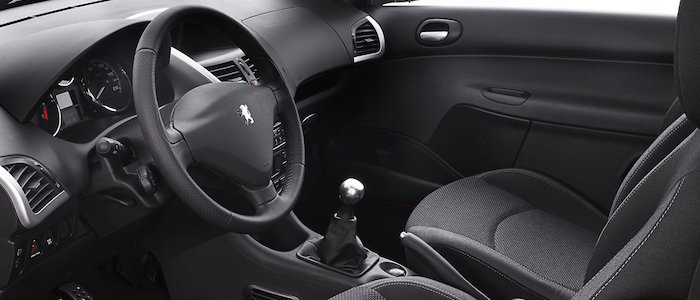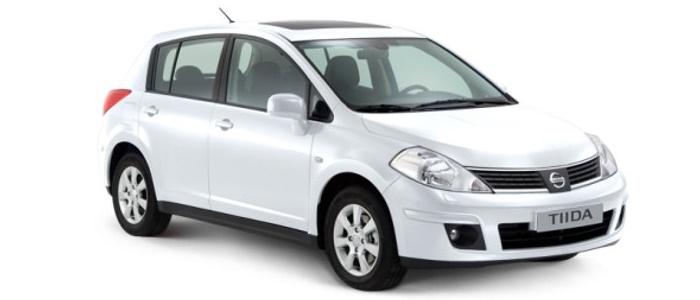Compare two cars
Compare any two cars and get our Virtual Adviser™ opinion
Dimensons & Outlines
Check a car with 30% off a report
Engine
1.5 dCi K9K 846
Performance (manual gearbox)
Performance (automatic gearbox)
Expenses
Virtual Adviser's™ opinion
Well, these are two pretty similar cars we have here! It's only details that could potentially make the difference. Considering they both belong to the city car segment and utilize the same 3-door hatchback body style and the front wheel drive system, it all comes up to the specific diesel engine choice they offer. The first one has a Renault-engineered powertrain under the hood, a 4-cylinder, 8-valves 107hp unit, while the other one gets its power and torque from a 4-cylinder, 8-valves 70hp engine designed by Peugeot.
SafetyA starting point here would be to take a look at the results from European New Car Assessment Programme (Euro NCAP) tests which were performed on both of the cars, with the Renault being a slightly better choice apparently. That aside, let's consider some other aspects which affect safety. Both vehicles belong to the city car segment, which is generally not a very good thing safety-wise, but it doesn't do much to help us decide between the two. Furthermore, if we'd like to consider vehicle mass in this context too, which we definitely should, Clio offers a considerable difference of 19% more metal.
ReliabilityManufacturers have been building their reliability reputation for decades now and, generally speaking, it appears that both brands display similar results in faults and breakdowns, all the models observed together. That's the official data, while our visitors describe reliability of Renault with an average rating of 4.2, and models under the Peugeot badge with 4.3 out of 5. The same official information place Clio as average reliability-wise, and 206+ is more or less at the same level.We should definitely mention that owners of cars with the same powertrain as Clio rank it on average as 4.1, while the one under the competitor's bonnet gets 4.3 out of 5.
Performance & Fuel economyRenault is undoubtly more agile, reaching 100km/h in 2.2 seconds less than its competitor. In addition to that it accelerates all the way to 186 kilometers per hour, 20km/h more than the other car. When it comes to fuel economy the winner has to be 206+, averaging around 4 liters of fuel per 100 kilometers (71 mpg), in combined cycle. We can't ignore that 18% difference compared to Clio.
Verdict
Peugeot appears just a bit more reliable, although the difference is truly marginal. The most important thing when deciding between any two vehicles should always be safety, both passive and active. In my opinion, everything taken into account, Clio beats the other contender by far, making it the best choice without even considering other things. It all continues in the same direction, with Renault outracing its opponent in any situation possible, making it better choice for boy racers. It does come at a cost though, and that's the fuel consumption... It's not difficult to say then that if I'd need to make a choice, it would definitely be the Renault. In any case that's my personal view, built upon all the data available to me. What should decide here though is the way you feel about the two vehicles, and I hope you'll find my guidelines useful in the process. In case you have two minutes to spare I invite you to define your needs, desires and budget and see which car would be chosen by the virtual adviser™, out of 12.000+ vehicles we currently have in our database.
Related articles
Nissan Tiida, commonly known as "What the hell!?", represents a school example of a horribly bad move made by a world-known automotive company. In case the name of this model doesn't ring a bell - don't worry: unlike me, you make part of those 98% of normal people...























